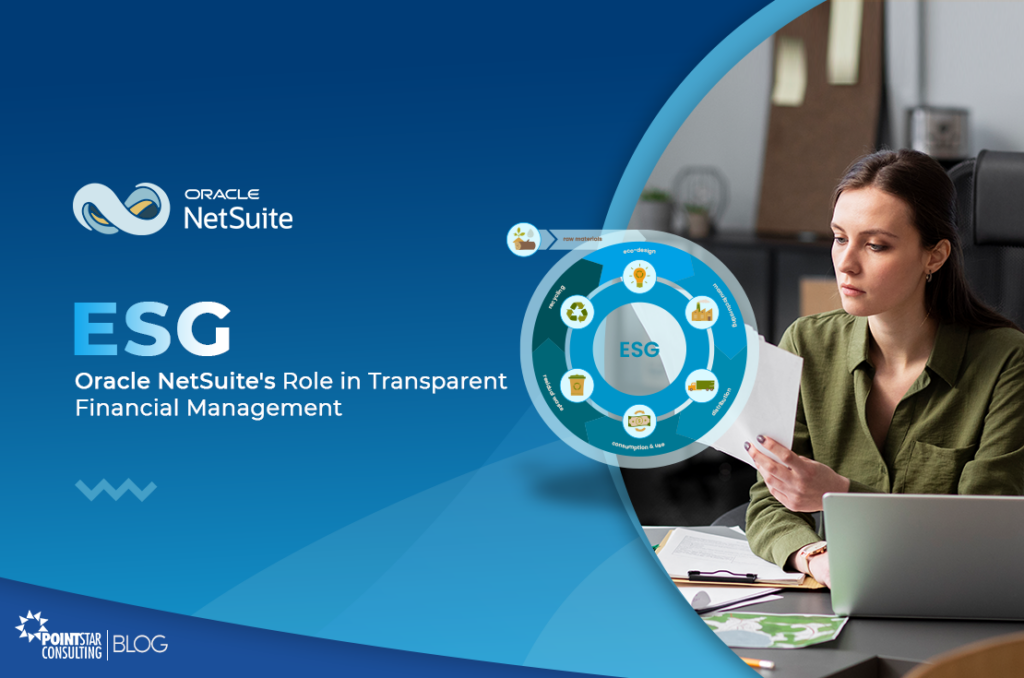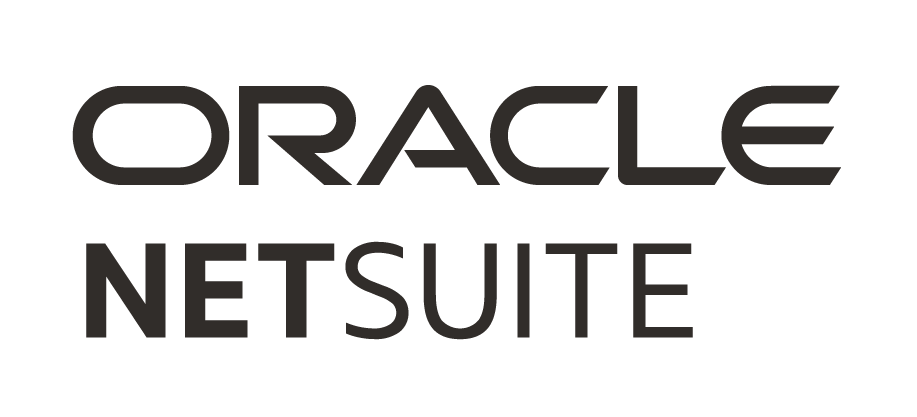Transparent financial management is part of a key component under the environmental, social, and governance (ESG) framework. Financial transparency is no longer just about reporting; it’s about building trust with stakeholders and demonstrating a commitment to responsible practices.
This is where cloud-based enterprise resource planning (ERP) systems like Oracle NetSuite come into play. NetSuite empowers businesses to achieve financial clarity and transparency, paving the way for strong ESG integration.
Why Transparent Financial Management Matters for ESG
Financial transparency is the foundation of strong ESG performance. Investors, consumers, and regulators are demanding greater visibility into a company’s financial practices, particularly regarding its impact on the environment and society.
Here’s how financial transparency contributes to a robust ESG strategy:
Accountability
Transparent financial management will allow stakeholders to assess a company’s environmental and social initiatives alongside its financial performance. This fosters accountability and ensures that ESG commitments are not just rhetorical but backed by concrete actions reflected in financial decisions.
Risk Management
Environmental and social issues can pose significant financial risks. For instance, climate change can disrupt supply chains, and poor labour practices can lead to fines and reputational damage. Financial transparency helps companies identify, measure, and manage these ESG-related risks proactively.
Improved Decision-Making
Transparent financial data allows companies to make informed decisions that align with their ESG goals. For example, a company can track the cost-effectiveness of sustainability initiatives or measure the financial impact of its social programs.
How Oracle NetSuite Enables Financial Clarity
Oracle NetSuite offers a comprehensive suite of financial management tools that promote transparency and facilitate strong ESG integration:
Real-time Visibility
NetSuite provides a unified platform for managing all financial data in real time. This eliminates data silos and ensures stakeholders have access to the latest financial information, fostering trust and informed decision-making.
Enhanced Reporting
NetSuite offers robust reporting capabilities that allow companies to generate customised reports tailored to ESG metrics. This enables companies to track and communicate their ESG performance effectively to stakeholders.
Streamlined Consolidation
For businesses with multiple entities, NetSuite simplifies financial consolidation, ensuring a clear view of overall financial health and ESG performance across the organisation.
Improved Controls
Robust internal controls are essential for ensuring the accuracy and reliability of financial data. NetSuite provides comprehensive security features and audit trails, promoting data integrity and strengthening ESG credibility.
Beyond Financial Transparency: NetSuite and ESG
Oracle NetSuite goes beyond financial transparency to support various aspects of ESG:
Sustainable Supply Chain Management
NetSuite can help companies track and manage their supply chains, identify potential environmental or social risks within their supplier network, and promote sustainable sourcing practices.
Impact Measurement
NetSuite allows companies to track the financial impact of their ESG initiatives, enabling them to demonstrate the return on investment (ROI) of their sustainability efforts.
Data-Driven Decision Making
NetSuite empowers businesses to leverage data analytics to gain insights into their ESG performance and identify areas for improvement.
In a NutShell
In conclusion, achieving financial clarity is no longer optional in today’s ESG-focused business landscape. Oracle NetSuite empowers businesses to achieve this clarity by providing a robust financial management platform that fosters transparency, facilitates strong ESG integration, and empowers data-driven decision-making for a sustainable future.



